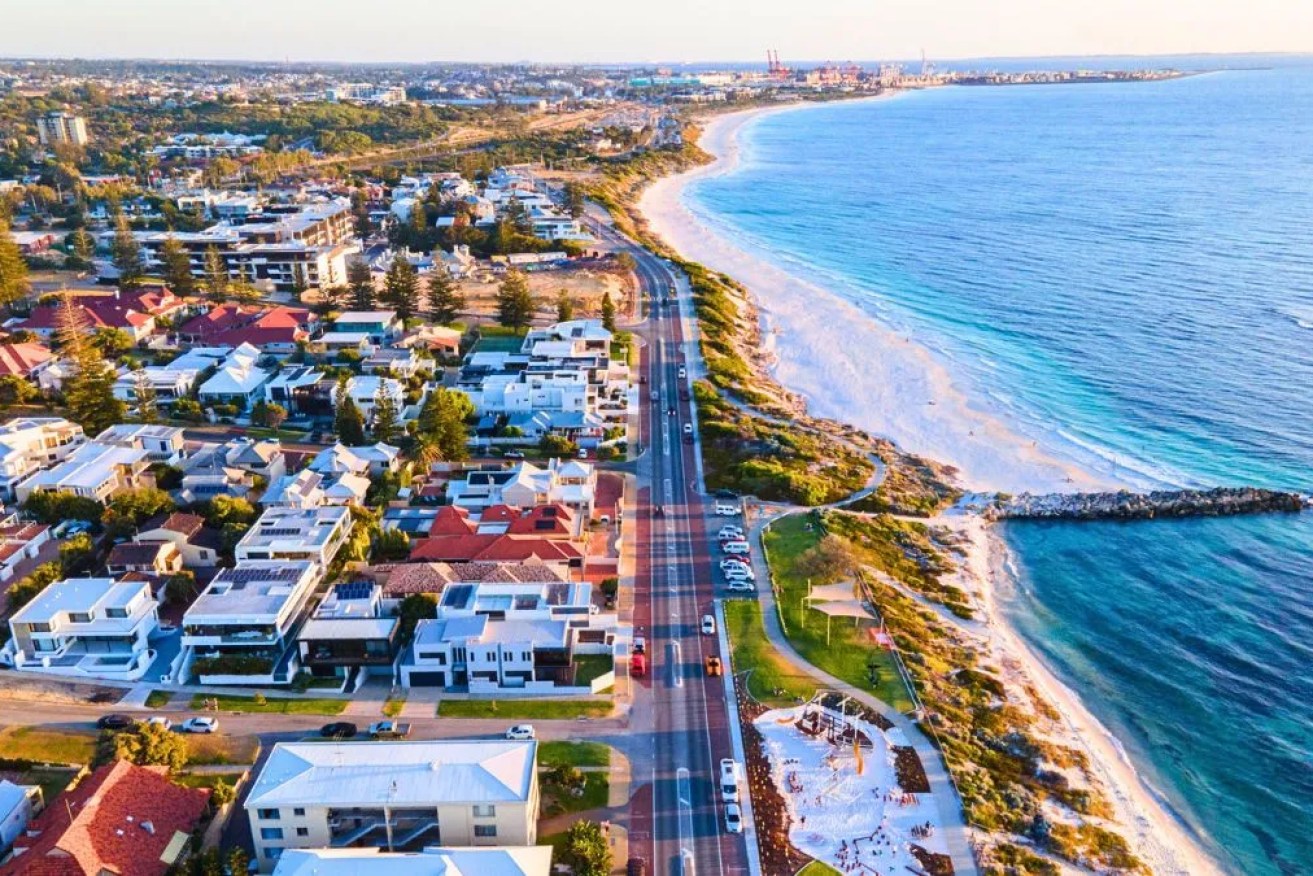‘Sleeper issue’: Australians urged to be proactive as mortgage, rent bills persist well into retirement


More Australians are retiring without owning their home outright, new data reveals. Photo: Getty
Australians are being urged to plan more actively for their retirement as the housing crisis threatens to pile massive financial pressures on workers well into their golden years.
A new report from Vanguard Australia has revealed almost one in five Australians are renting in retirement, while 30 per cent expect they will still be paying down their mortgage after working.
It’s a massive financial squeeze that’s rapidly redefining what it means to save enough for a comfortable retirement, Vanguard Australia managing director Daniel Shrimski told TND.
He called it a “sleeper issue” facing the superannuation system.
“Australians have this view that they will own a home and be debt free when they get to those retirement years,” Shrimski said.
“In actual fact the research suggests that’s not going to be the case in many instances … it will be a real financial burden.”
Demographer Simon Kuestenmacher said the number of Australians retiring without owning their home is a problem that’s only going to get worse as property prices continue to rise and the population ages.
Separate data from the Australian Institute of Health and Welfare has showed the proportion of 30-34 year olds that own homes has fallen from 65 per cent in 1971 to just 50 per cent in 2021.
The delay in getting onto the property ladder has wide-ranging effects, Kuestenmacher said, with mortgages lasting much longer – requiring more interest – and persisting into later years of work.
“It’s going to get more intense,” he explained.
“In about 30 years when millennials start retiring, they’re going to have much lower rates of home ownership … if housing remains expensive it means a big chunk of your diminished [retirement] income from super goes into housing.”
Kuestenmacher said the trend shows the urgency of policy changes that make housing more affordable, but also the need for Australians, particularly younger workers, to start planning.
Shrimski made the same point, noting that Vanguard’s research showed about two-thirds (67 per cent) of Australians have not thought about what age they will retire or when to start planning.
The research also found 40 per cent of Australians don’t currently have a retirement plan.
“When it comes to retirement confidence, the research continues to show that planning and having access to a financial adviser gives Australians a much better chance at a successful retirement,” Shrimski said.
Vanguard’s data showed that the rising cost of living means Australians need to think about adding up to $25,000 extra to their annual income in retirement to ensure comfortability.
It’s unsurprising then that four in five surveyed are increasingly worried their savings might not last in retirement, with Shrimski dubbing the trend a “fear of running out [FORO]”.
Planning for retirement doesn’t necessarily mean paying for an expensive financial adviser either, Shrimski explained, saying that even starting your own spreadsheet is a positive step.
You want to think about things like how much money you might have saved up by retirement, and what a comfortable lifestyle might look like, depending on whether you’re able to buy a home.
“If people want the lifestyle they envision, a plan is what they need to focus on,” Shrimski said.








